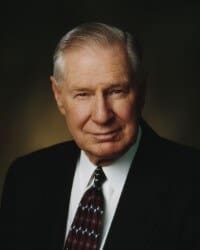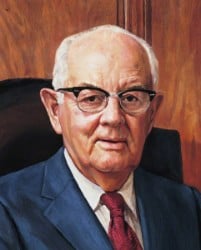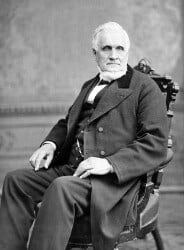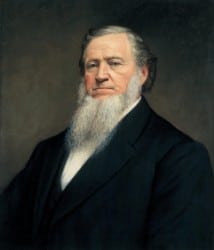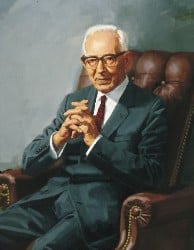
“My mother was a widow, with a large family to provide for. One spring when we opened our potato pits she had her boys get a load of the best potatoes, and she took them to the tithing office; potatoes were scarce that season. I was a little boy at the time, and drove the team. When we drove up to the steps of the tithing office, ready to unload the potatoes, one of the clerks came out and said to my mother, ‘Widow Smith, it’s a shame that you should have to pay tithing.’ … He chided my mother for paying her tithing, called her anything but wise or prudent; and said there were others who were strong and able to work that were supported from the tithing office. My mother turned upon him and said: ‘William, you ought to be ashamed of yourself. Would you deny me a blessing? If I did not pay my tithing, I should expect the Lord to withhold His blessings from me. I pay my tithing, not only because it is a law of God, but because I expect a blessing by doing it. By keeping this and other laws, I expect to prosper and to be able to provide for my family.”
| Joseph F. Smith, Conference Report, Apr. 1900, p. 48
